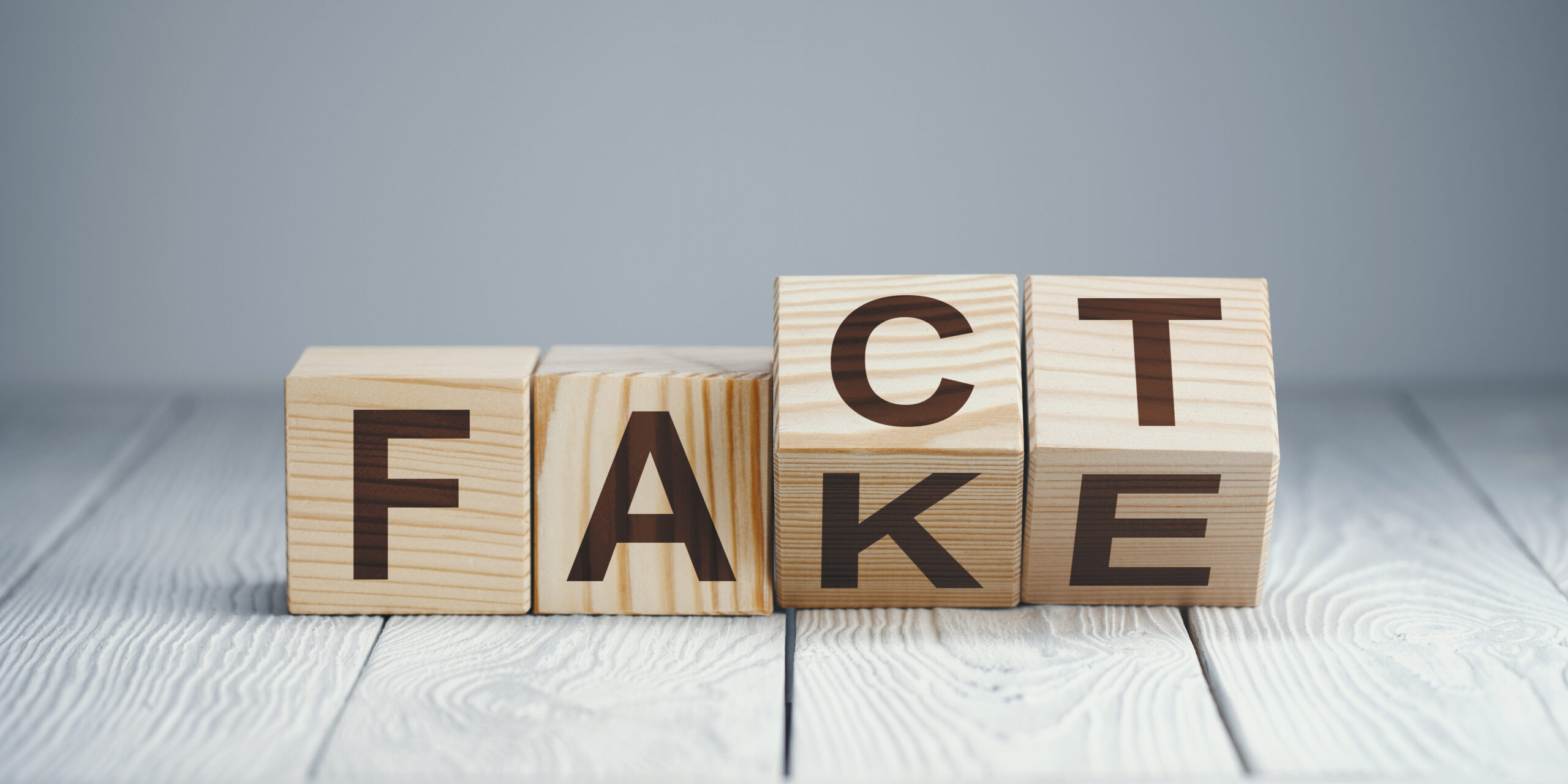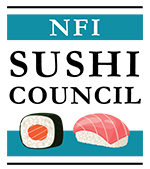NOAAs Office of Law Enforcement Tackles Seafood Fraud
Reprinted from NOAA Fisheries Service
From the halls of Congress to high-end restaurants, seafood fraud has been getting a lot of attention:
- Investigations by nongovernmental organizations and media outlets such as the Boston Globe have revealed that consumers in several metropolitan areas are routinely served something other than what is on the menu or at the fish market.
- In July, U.S. Reps. Edward Markey (D-MA) and Barney Frank (D-MA) introduced the Safety and Fraud Enforcement for Seafood (SAFE Seafood) Act (H.R. 6200) that requires full traceability for all seafood sold in the United States.
- In October, more than 500 chefs and restaurateurs signed a letter to Congress imploring, We should be able to tell our customers, without question, what they are eating as well as where, when, and how it was caught.
NOAAs Office of Law Enforcement has been tackling this problem for years, resulting in years of prison time and millions of dollars in fines and restitution for those who skirt the system.
NOAAs agents and officers reduce the risk of illegal or mislabeled fish entering the U.S. market, where it presents a cheaper, poorer quality and sometimes less safe alternative than fish caught legally by domestic fishermen, said Todd Dubois, assistant director of NOAAs Office of Law Enforcement and lead on the agencys false labeling working group. Each of these cases involves thousands of man-hours to investigate and requires the unraveling of complex corporate accounting records and the penetration of well-entrenched criminal conspiracies. We have worked for years, and continue to work with, the U.S. Department of Justice to bring these criminals to justice.
NOAAs Office of Law Enforcement investigates mislabeling under the Lacey Act, which makes it unlawful for a person to falsely identify any fish that has been, or is intended to be, imported, sold, purchased or received from any foreign country, or transported in interstate or foreign commerce.
Seafood fraud is more than mislabeling fishits an ongoing challenge. According to the latest Fisheries of the United States, we import approximately 91 percent of our seafood. Further complicating matters: 54 percent of the world’s fish production is processed at sea or soon after landing, which in most cases renders the species unidentifiable without forensics and the farther a fish gets from harvest, the more likely it is to be mislabeled.
If the FDA issues a recall on a product and its mislabeled, it may not be possible to trace the product back to where it originated, said Acting Assistant Agent in Charge Ron Messa.
Mislabeling Affects Fishermen and Consumers
The most common false labeling NOAA agents and officers see are species substitution and country of origin. Individuals and companies might do this to avoid costly tariffs and/or for other economic gain, such as passing off a cheaper product for a more expensive one.
Product substitution not only defrauds the consumer and robs him of the ability to make informed choices, but it also harms law-abiding fishermen and domestic fisheries, Dubois explained. The substitution of a cheaper, less desirable fish for a more expensive fish in higher demand undercuts the price a fisherman will be paid for the true product.
In one instance, farm-raised Asian catfish were falsely labeled as grouper or sole and then sold to 65 different wholesale customers, including restaurants and supermarkets. Not only did the defendants avoid paying $145,625 of anti-dumping duties that were put in place to protect domestic fishermen from cheaper product flooding the market, but some of the imported fish tested positive for the fungicide malachite green and the antibiotic Enrofloxacin, both of which are considered health hazards and banned from U.S. food products.
People save their money all year long to come on vacation down here and take their families to restaurants, said Assistant Special Agent in Charge Gregg Houghaboom of Florida, who was the lead agent on that case. They want a grouper sandwich or a grouper basket, which is what this area is known for, and they were getting cheated out of it.
Even worse, mislabeled seafood can make consumers sick. People have become ill after unknowingly eating species such as escolar, which causes gastrointestinal distress, and pufferfish, which contains the deadly neurotoxin tetrodotoxin.
A Strategic Approach to Enforcing Fishing Regulations
While NOAAs Office of Law Enforcement continues to investigate individual mislabeling cases, the agency also has a working group of 10 agents from around the country to determine the most effective and efficient way to address the larger issue.
Targeting seafood fraud generally across the nation far exceeds the available resources and capabilities of NOAA and the other agencies with jurisdiction in this arena, Dubois said. The input of this working group will feed into a broader, national interagency effort to investigate major seafood fraud at various levels of the seafood supply chain.
The working group has put together a survey for industry and non-government groups to help agents assess the level major mislabeling happens, but observant consumers also can play a role in helping NOAA identify seafood fraud. The group has established a new email addresssafe.seafood@noaa.govwhere the public can send information on possible mislabeling violations, in addition to its longtime toll-free hotline, 1-800-853-1964.


